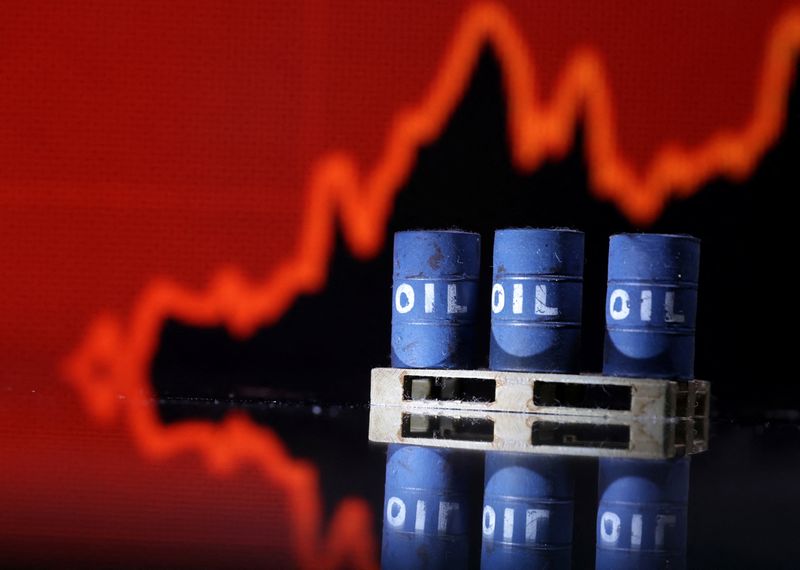Citi: "Trump's Presidency May Curb Oil Prices Until 2025"
According to analyses by Citi, Donald Trump's second presidential term could create downward pressure on oil prices by 2025. The bank forecasts that the average price of Brent crude oil could be around $60 per barrel during this period. Factors behind this prediction include potential trade tariffs and increased oil supply.
Citi states that Trump's influence on OPEC+ could lead this producer group towards quicker production cuts. Consequently, a decrease in geopolitical tensions may allow some oil resources to return to the market. Furthermore, it is suggested that Trump's policies could support the sector by offering tax incentives for capital investments in exploration and production. Reversing the rising licensing and lease costs seen during the Biden administration could also be a positive development for the industry.
Effects on global economic growth and oil demand Citi notes that Trump's trade policies could have mixed effects on global economic growth. Specifically, these policies may have adverse outcomes for regions like Europe and China that are exposed to trade tariff risks. This situation could dampen the growth of global oil demand and pose downward risks to Citi's current forecast of a daily increase of 0.9 million barrels in global oil demand.
However, potential supportive policies for the energy sector may also have positive effects on oil demand. Nevertheless, the current uncertainties in the global economy and the complexity of trade policies make it challenging to provide a clear forecast for demand growth.
China's energy transition and its role in global oil demand According to Giovanni Sergio, Head of Global Research at Vitol Group, despite China's energy transition, the country continues to play a significant role in the increase of global oil demand. Although energy consumption in the road transportation sector in China has decreased, the intensity in the petrochemical sector maintains its impact on the country's oil demand.
Speaking at the FT Asia Commodity Summit, Sergio noted that while usage rates in facilities of the world's second-largest oil consumer may decline, China will continue to increase petrochemical capacity in the future. This suggests that China's influence on energy consumption and global oil demand will not diminish. Despite the energy transition, an increase in demands within the petrochemical sector is expected.


